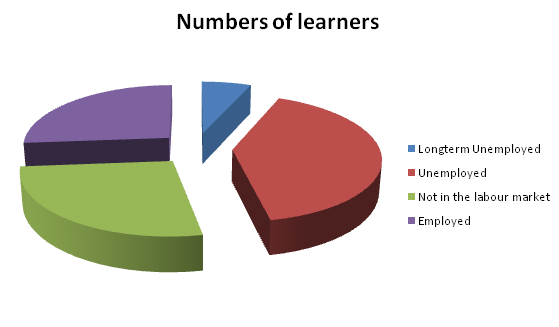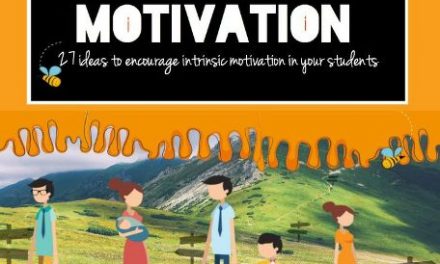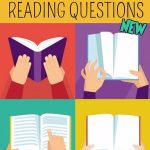Many students tell us that they believe they have dyslexia. It affects about 10% of the population and is a specific learning difficulty that makes it more difficult to learn to read, write and spell accurately. For learners it can mean that they have had a lifetime of trying to decode text, understand materials and in many cases live with feeling inadequate or ‘stupid’.
In a recent publication by the Dyslexia Association of Ireland called ‘What’s Good for Dyslexia is Good for All’ it is stated that ‘a lack of understanding and knowledge of dyslexia can pose barriers to individuals hoping to progress in further education and training’. The publication also states that ‘this lack of understanding is resulting in adults not accessing necessary supports, withdrawing from participating in state funded programmes and at worse causing alienation and discrimination’.
The publication outlines clues to look out for including poor handwriting, a notable difference between spoken and written language and finding reading comprehension difficult. It also points out that it is only one part of a person’s learning profile and strengths can include ‘creative ability, lateral and diverse thinking, problem solving, good oral and interpersonal skills.’
The document provides some tips for tutors in the design and delivery of tuition which are in line with Adult Literacy tutors practice.
The document is available is all 8 Adult Literacy and Basic Education Centres and further information is also available on the Dyslexia Association of Ireland’s website on http://www.dyslexia.ie/information/information-for-teachers-schools-and-colleges/





